Anita Chauhan
Death is a difficult subject to broach, especially in a world that exalts youthfulness and dismisses the elderly. Most of us never want to believe that this beautiful life will go one day, along with our consciousness, memories, hopes and dreams.
The thought alone is enough to make the bravest of us crawl under the covers and hideaway for days. Truth is, there are so few things in life that are guaranteed as death. It is inevitable, and as much as we would like to ignore it, it won’t just disappear.
That’s why, throughout my whole life, following the loss of a loved one, I practice dying every single day.
Practicing Dying
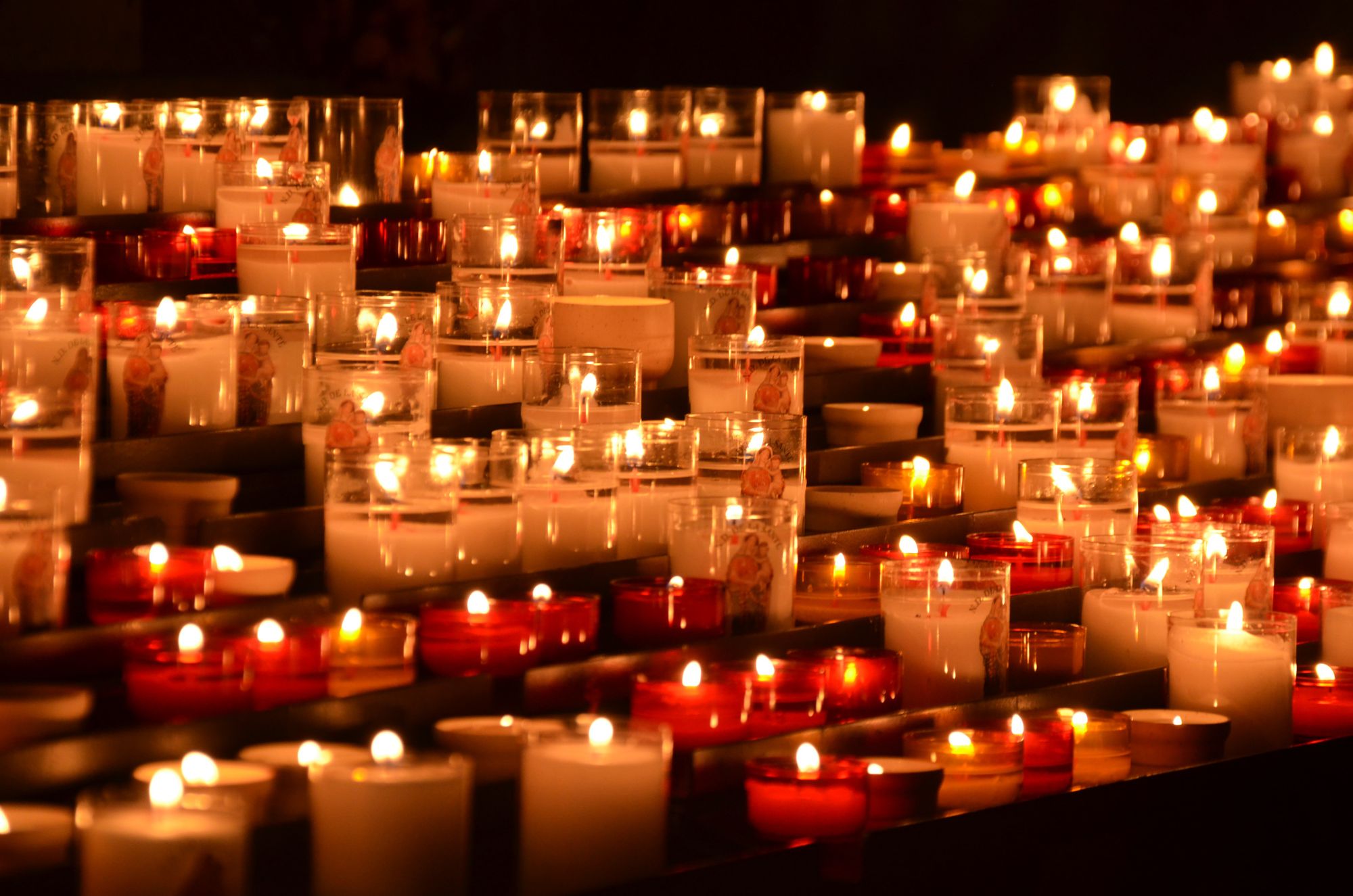
A natural phenomenon, the act of denying death, has existed for as long as we have. Indeed, it’s a response to our awareness of human mortality.
“The denial of death” is a phrase from the American cultural anthropologist and interdisciplinary thinker and writer Ernest Becker. It was also the title of his most famous book, which won the 1974 Pulitzer Prize. Becker’s work “focuses on how we human beings develop strategies to fend off awareness of our mortality and vulnerability and to escape into the feeling that we’re immortal.”
Used by Socrates and recorded by Plato, “the practice of dying” is a phrase that describes one aspect of how we become “morally mature.” With this statement, Socrates urges us all to turn inwards and face our mortality. According to the Grecian Philosopher, awareness of death can purify our motives and our life, helping us not only mature to deal with the challenging topic of death but to help us mature and grow in other areas of our life.
As someone who experienced loss at a young age, I learned how to practice dying and embed it into my everyday life. But what do those last words from Socrates truly mean? How does one practice dying?

When we step back and think about it, our current world (even in a COVID-19 stricken society) doesn’t give us space to feel and understand the end of life process. We avoid the topic for fear of being a downer.
We claim we would rather live in the here and now, failing to realize that taking the time to think about death will actually help us live more presently and to accept that which we cannot change. The inevitable. By not thinking or talking about it and consuming media around death at an arm’s length, we never truly learn to relish in what makes us human. To accept this fact of life leads to interacting with the end of life in unhealthy ways.
The Impact of Practicing Dying Every Day
I always ask myself: why are we just brushing past this? Why don’t we, individually and as a society, ever think about this? I immediately feel that it’s an issue with how we perceive it, and no matter our intent, it ends up skewing towards the anxious, fearful and sad.
If we could take time to learn how to view death and the end of life in a deeper, profound and meaningful way, we may learn to not only honour our loved ones in a better way but ourselves as well. We learn to exist in the moment and treasure those we love in a different way. Understanding their presence to be fleeting, and the time that we have together to be precious.
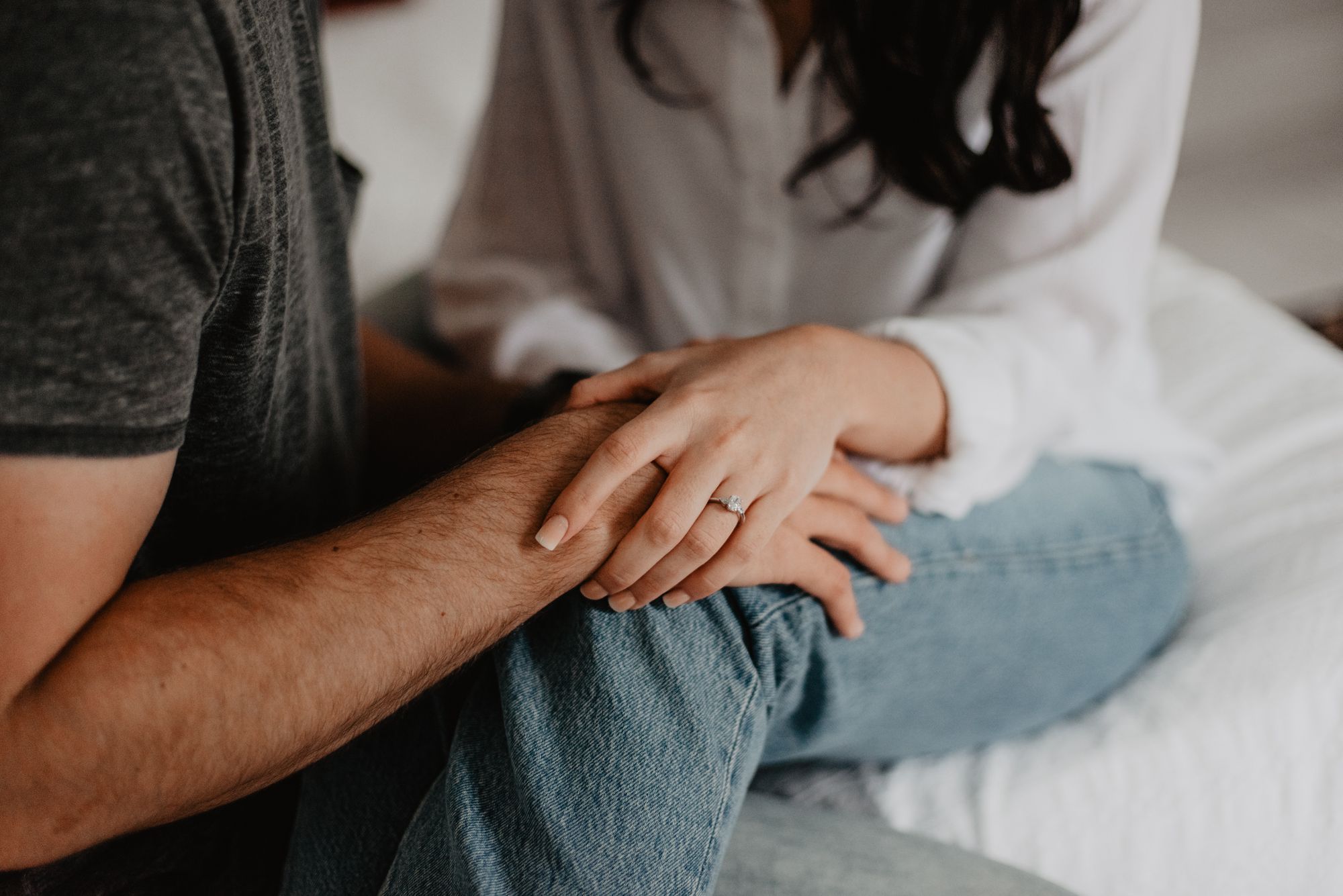
Taking the time to practice death every day helps put things into perspective. This leads to a richer life that can help us step out of our day-to-day grind. It allows us to distance ourselves from the denial of our own mortality and helps us take stock of the things that truly matter.
What type of world would we live in if we all practiced dying every day? Who might we be? What might change in our overall experience and our respective time on earth? Perhaps if we built this into our lives, we could learn to love a bit harder, treasure our loved ones a bit more and live a more compassionate and gentle life.
Debilitating Denial
While we view it in such a negative light, in many cases, denial exists as a support for individuals and their loved ones as they learn to integrate the challenging experience of loss into their lives.
Every now and again, we come across others that are so set, or so entrenched in their denial, that it can become a massive blocker not only for growth but also for them being able to exist and enjoy their life presently. It can stand in the way of creating a scenario where they cannot even plan for their passing or think about how they want to pass.
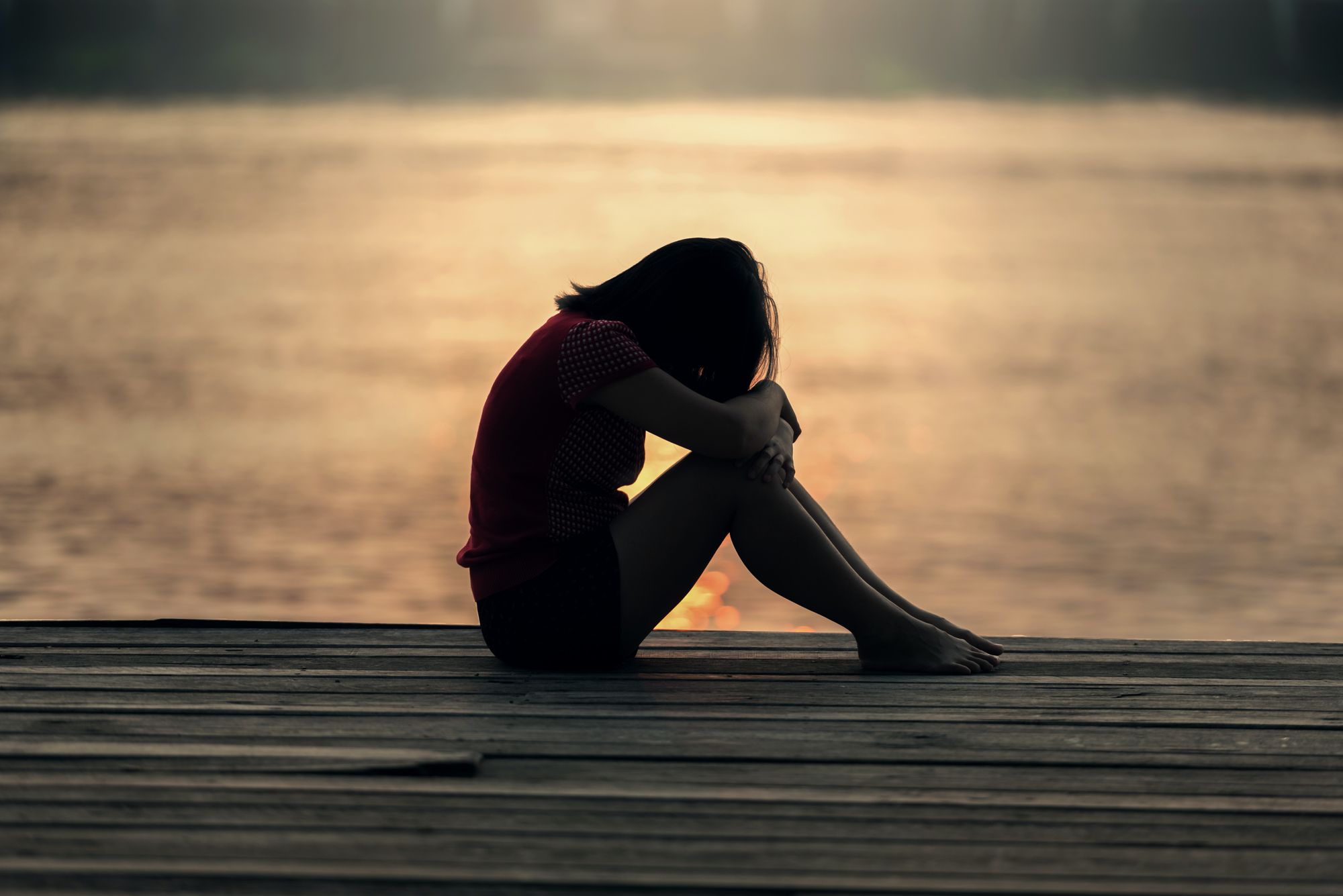
I, myself, experienced profound loss at a young age, which changed how I interacted with death. At 12, my mother passed away from a 10-year long battle with cancer. At a young age, I acted fearlessly and didn’t accept that it could come my way too. While not in denial, I definitely felt like I had nothing to lose, nothing to deal with and would act out irrationally.
The rest of my family had a different reaction to my mother’s passing. My sister plunged into a deep depression, and my father was so lost in his grief that he withdrew entirely: from life and parenting. After the initial fog passed, my father soon transitioned into denial over his grief. He refused to seek help or go and find support for the pain that he felt following the loss of someone he loved so dearly.
All of this to say that everyone has their own experience with denial. Whether through active denial in death or a denial spurred by the loss of someone, existing in a denial-centric space is one of the things that makes facing the end of life so challenging. In fact, it can create tougher conditions for people to heal, or to seek the help they need when they actively refuse to acknowledge topics around death and the end of life.
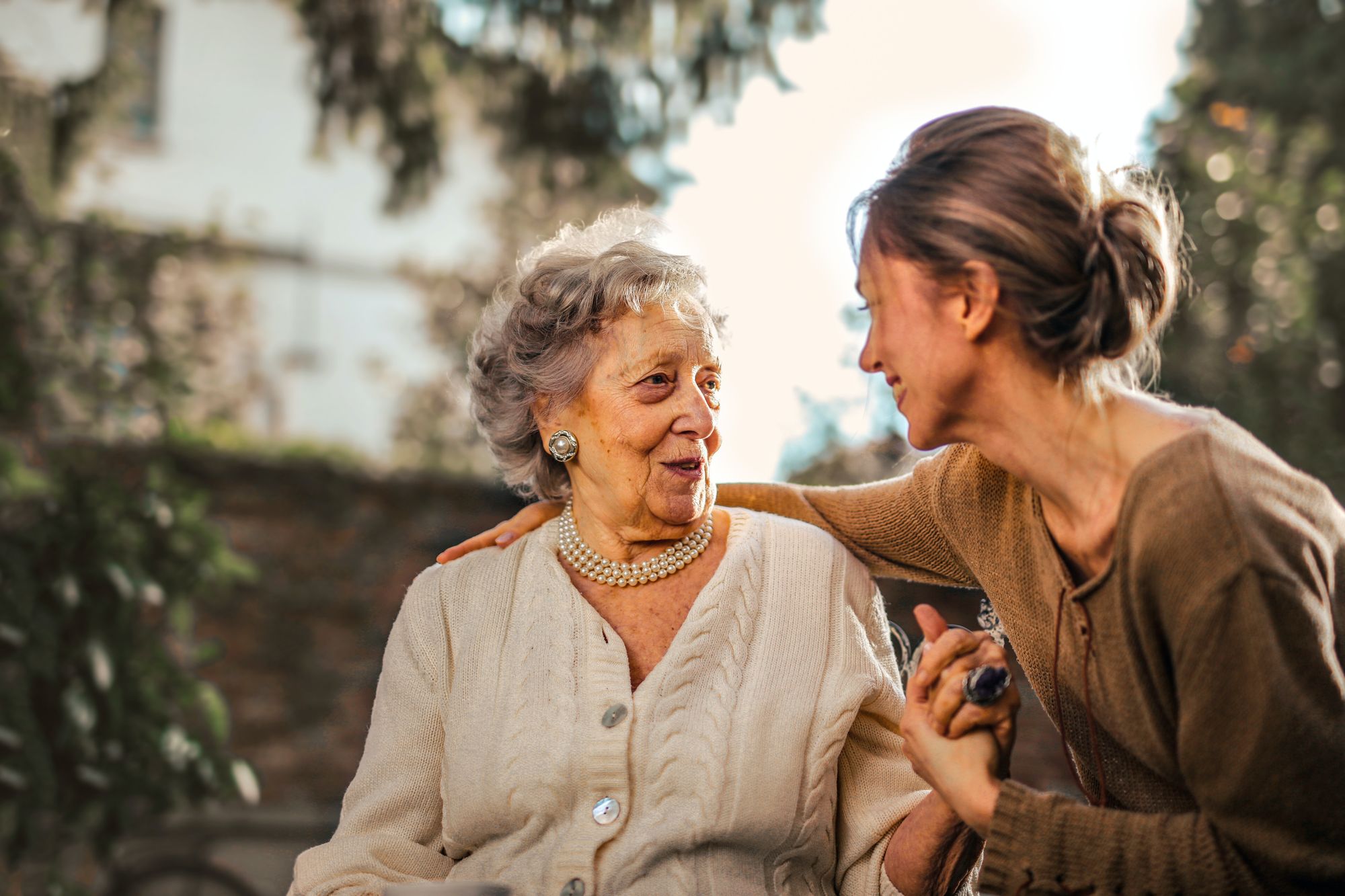
I once had a friend who refused to acknowledge end of life so much that even though she had never experienced a loss, she was debilitated by just thinking about it. By not accepting this or making plans for it, she was hurting not only herself but her loved ones. She could not have conversations or make plans around death or anything that considered her mortality; the mere mention of it caused her to spin out into panic and anxiety. This depth of denial is not rare and exists around us, probably more than we know.
A Healthy Discussion
Suppose you are dealing with those who are in denial about death, whatever form it takes. In any case, we must aim not to burn down the structure of denial that is so necessary to our individual emotional well-being, but instead to attend to issues that, if unaddressed, could make the end of life, dying, and grief processes more challenging.
This is why having honest and healthy discussions around death can help. Starting a conversation can be challenging - and it’s never fun to broach a subject like death with a loved one, let alone a loved one who is in denial.
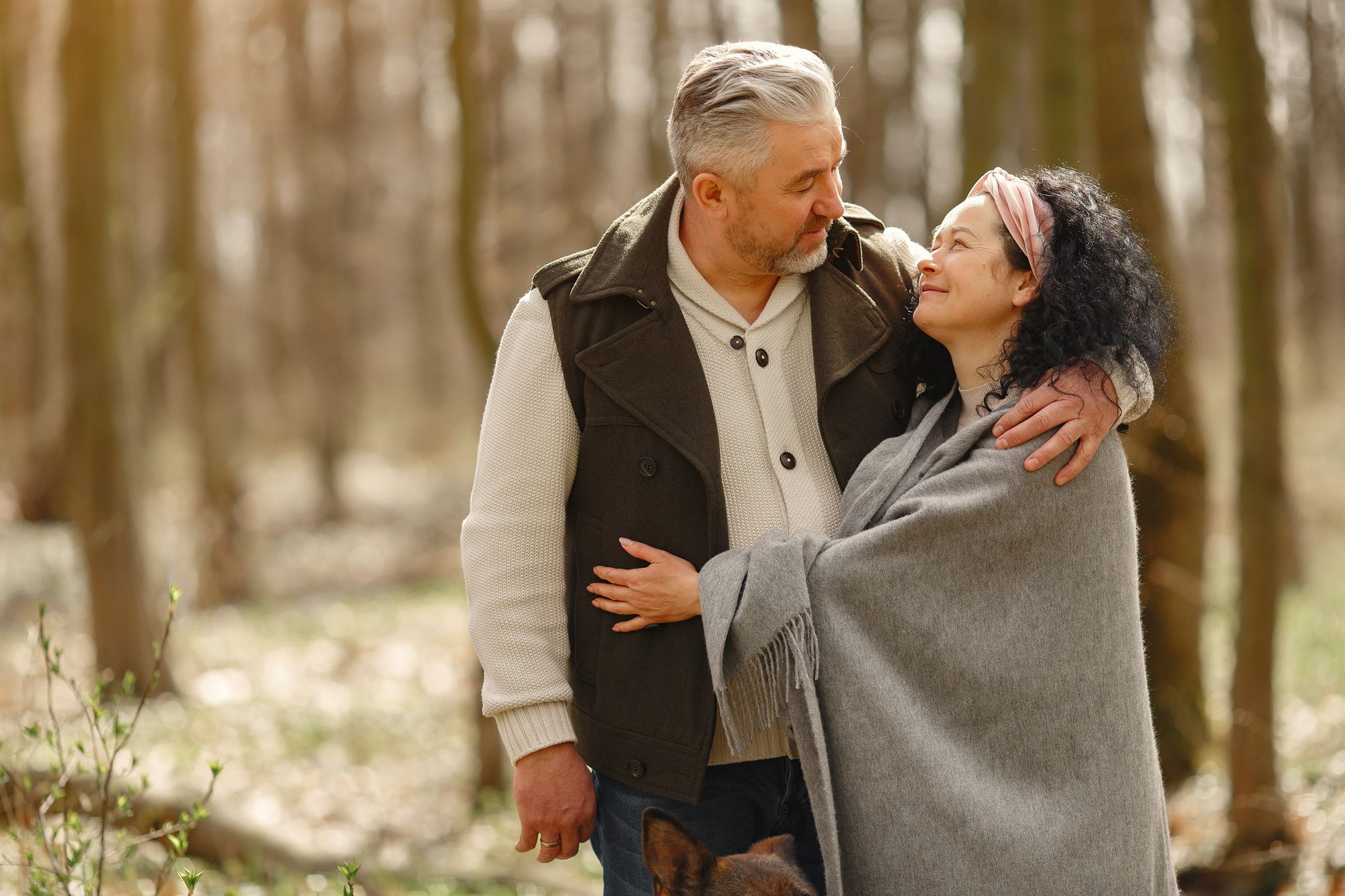
When dealing with individuals whose time is limited, or those in hospice care, this article suggests “to begin the conversation by asking questions, gauging what a patient or family member knows [...] as well as their appetite for more information. Clinicians will often ask, “Do you want to hear more, or should we stop here for now?” This could be an ideal way to deal with those who cannot take the full conversation on all at once.
Advance care planning is necessary and can create a safe environment around the end of life planning. Taking the time can make all the difference.
Did this resonate? Need more support? Check out some of my other pieces on the Eirene blog here.




